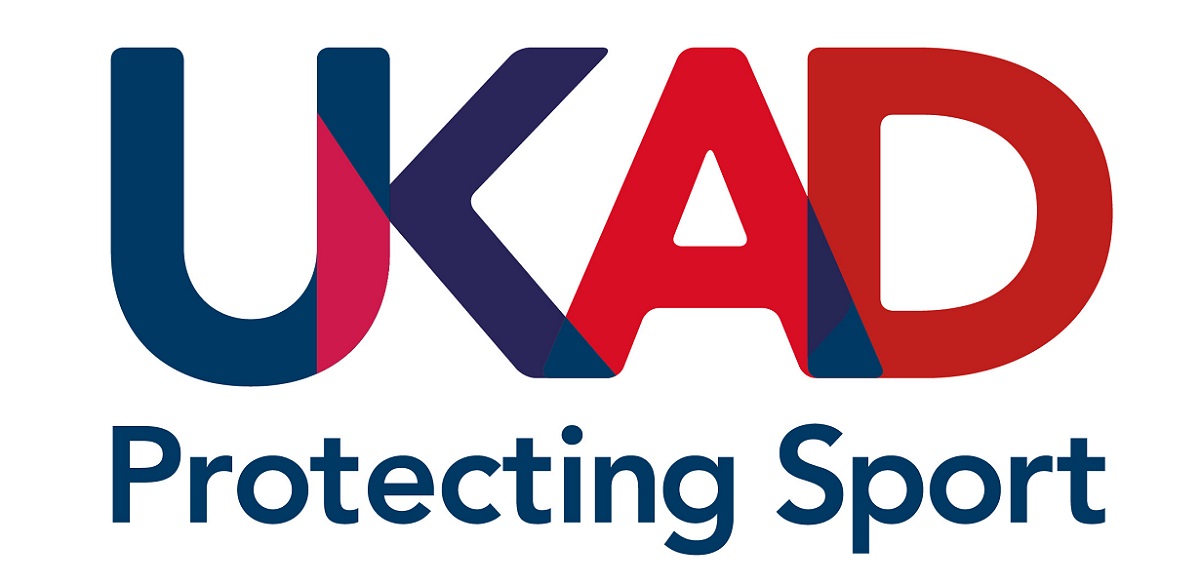Enhancing fair play: in the run up to Paris, a spotlight on UKAD’s research, innovation and data analytics
- To conclude Clean Sport Week (13-17 May) UKAD shares highlights of an evolving range of research, innovation and data analytics activities to marshal and oversee fair play
- UKAD was an early adopter of the World Anti-Doping Agency’s (WADA’s) Prevalence Survey trial (a tool created to try and determine the prevalence of doping) and will now strengthen and deepen further work in this field
- Prevalence results from this pilot (published today after scientific peer review completed in February 2024) estimate that the doping prevalence estimate among the athletes sampled in the UK was approximately 13% during 2022
- UKAD also shares highlights of other research and innovation initiatives including an AI chatbot, a rehabilitation research project, and its expanding data analytics
Clean Sport Week is UK Anti-Doping’s (UKAD) annual showcase to champion fair play and to protect and empower clean athletes.
UKAD’s Chief Executive, Jane Rumble, sums up the organisation’s approach:
“As Paris races down the track towards us, and we conclude Clean Sport Week and its ‘Journey to the Podium’ theme, we advocate again for the huge national – and international – need for rules-based, intelligence-led and deterrence-centred fair play.
“With our emphasis on Athlete First, showcased earlier this week with the launch of our Strategic Refresh, we want to protect, inform, educate and empower athletes experiencing each part of our work.
“From education, through intelligence and investigations, the use of science and research, and potentially on to case management and possible bans – we endeavour to plot a course that adheres to national and international policy and is fair and right.”
Leading-edge analysis and techniques underpin UKAD’s work to uphold internationally agreed rules and standards. Here is a snapshot of a few initiatives reflecting the forward-looking research and innovation that helps UKAD evaluate, lead and deliver robust processes:
Prevalence Survey
- Due to the covert nature of doping, it is a challenge to establish prevalence levels. UKAD will be expanding and building upon a previous pilot project that utilised WADA’s Prevalence Survey.
- The short, anonymous survey, primarily targeted at national and international-level athletes across the UK, ran for a six-week period and was launched during Clean Sport Week in 2022. The survey included questions on the use of nutritional supplements, prescription medicines, as well as the use of prohibited substances or methods in the previous 12 months. The survey garnered 800 responses from around 50 sports, with 60% of athletes surveyed being either international or national level.
- The results from this pilot indicated that the doping prevalence estimate (athletes knowingly taking prohibited substances) among the athletes sampled was approximately 13%.
- UKAD now shares these results following peer review by a scientific journal (published in February 2024). For full details of the methodology used for the Survey, the peer-review publication can be found here.
- UKAD will continue to build on this pilot with WADA’s Prevalence Working Group, to further develop this tool, to then be able to provide more targeted education and deterrence.
UKAD’s Head of Insight and Innovation, and member of WADA’s Prevalence Working Group, Sam Pool, said:
“We often get asked how prevalent doping is in sport, which is hard to quantify due to its covert nature. One of the benefits of this survey method is that it provides a safe space for athletes to answer anonymously and honestly. But for future prevalence-related endeavours in the UK, we will need significantly more responses to strengthen the robustness of findings, and work closely with more sports organisations to increase visibility.”
Protect Your Sport
- To help boost the growing numbers of individuals reporting possible anti-doping rule violations through Protect Your Sport (PYS), UKAD’s initiative for reporting doping suspicions, UKAD is working with the University of Lincoln on an AI-chatbot, which utilises behavioural science to support people to report potential violations. The prototype development and trial phase will be complete by this summer. In another addition to the PYS toolkit, we will also be launching a confidential WhatsApp service this summer, offering another mechanism to those who wish to report their doping suspicions, and anonymous two-way communication.
Life after a ban
- In an ongoing international research project focused on the voice of the sanctioned athlete and their potential rehabilitation and return to sport, ‘TALE – What About Us?’ seeks to understand how athletes cope and recover after a ban. Learn more here about this three-year project expected to complete by 2026.
Data analytics
- The use and development of data analytics has significant potential towards efficient and effective anti-doping operations and programmes. UKAD has established and chairs an international group of anti-doping organisations to identify opportunities of global collaboration in the area of data analytics and will hold an event later this year to stimulate new projects. Through a PhD studentship ‘Data Analytics Approach to Doping Risk Assessment’ in partnership with the University of Birmingham, UKAD is also exploring the psycho-social factors that contribute to doping risks.
Jane Rumble concludes:
“As a values-led organisation protecting and supporting clean athletes, we want to do all we can to help champion fair play with probity and integrity. It’s a constantly evolving landscape, so we invest in research and innovation to keep pace, and my colleagues work with integrity, passion and professionalism. The end goal is to help us all - from grassroots up to elite level - enjoy all the brilliance and fun of fair play.
“To those heading to the elite heights in Paris, congratulations and well done, we’ll be cheering you on. To those at community level in pools or on pitches, courts and tracks at the weekend – enjoy. And to all across the UK, our message at the end of Clean Sport Week, is, whatever your level, we are here to ensure you enjoy clean, safe and brilliant games.”
Notes to Editors
UK doping prevalence estimate = 13%, 95% confidence interval (7 – 19%).
Responses received by competition level = International-Level (42%), National-Level (19%), Talented (6%), Sub-elite (18%), Recreational (15%).



